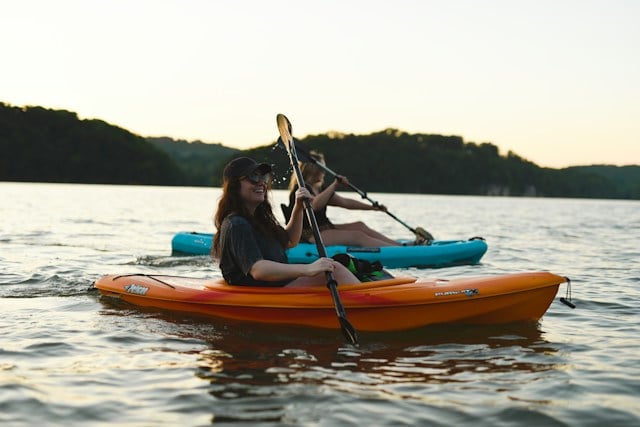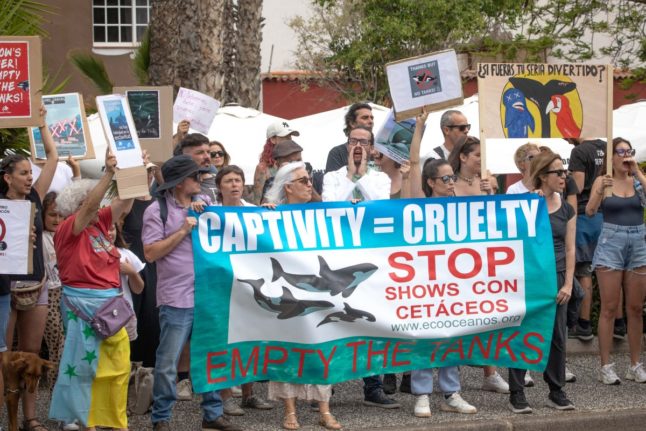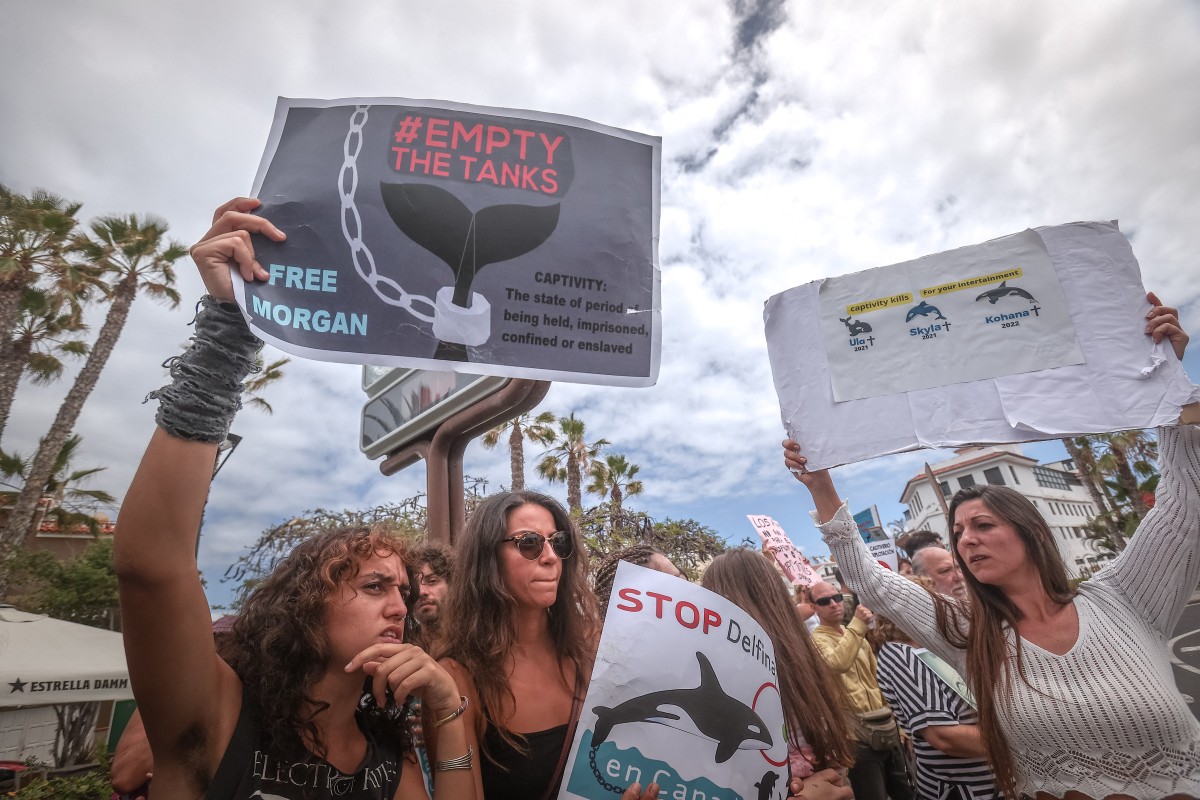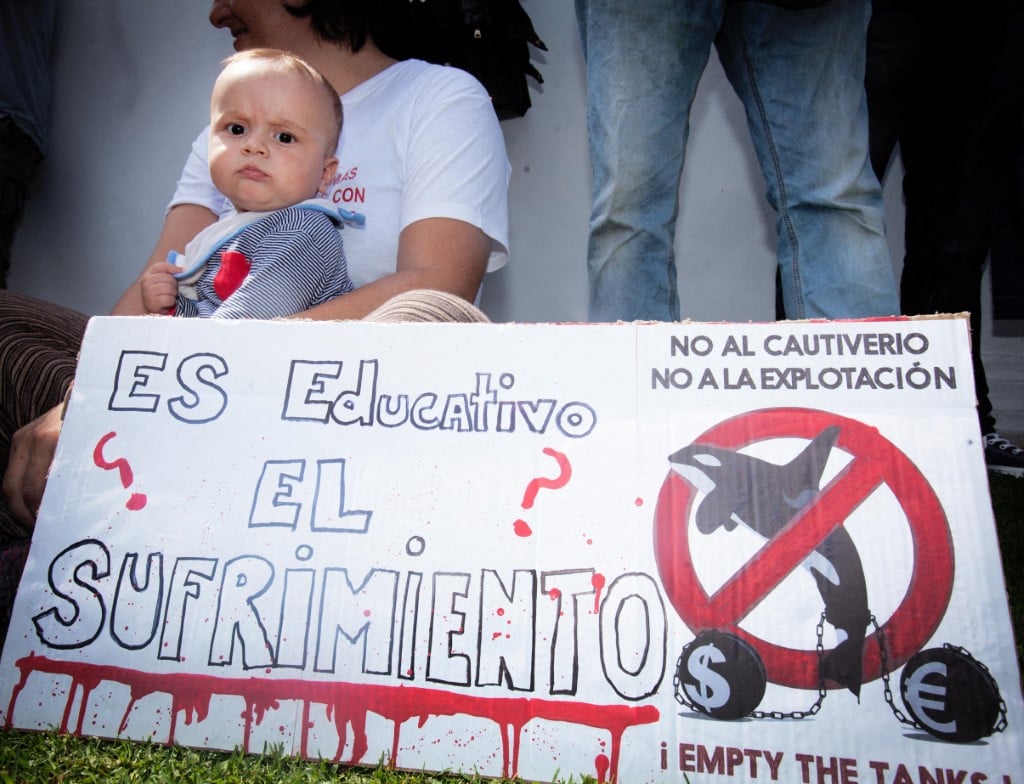Spain is an active country with great weather that encourages people to be out and about in their leisure time.
Whether it be the almost 6,000 kilometres of coastline for water sports or rugged mountain ranges perfect for hiking and rock climbing, Spain is a pretty perfect place to enjoy what the Spaniards call turismo activo (active tourism).
In fact, as Spain is the world’s second most visited country in the world with a thriving tourism sector, it’d also be a very good place to set up a tourism and leisure business.
However, if you’re dreaming of setting up a tourism and leisure company in Spain, you should know that there’s quite a few legal and administrative hoops to jump through first.
The recent crackdown on active tourism businesses in the Canary Islands which were operating without the proper paperwork, and in which 80 percent of cases were run by foreigners (mainly Italians and other Europeans), showcases how easy it is for unknowing outsiders to fall foul of the law in Spain.
READ ALSO: 84 million: Spain welcomed record number of tourists in 2023
The Local has broken down the major rules and requirements below, starting with the three most important ones and then looking into some of the important legal and tax rules as well.
Understanding the regional rules
The first thing to know is that in Spain, registering tourism and leisure businesses is done on a regional level. That is to say, every region has its own powers when it comes to registering a company in its Register of Active Tourism Companies, which in practice means that no two sets of rules and regulations are exactly the same (but that’s not to say that they are necessarily entirely different either).
This is important to consider when setting up your business, because where exactly you are (or want to set up) determines the amount and type of of paperwork to be carried out, but also the processes and time it will take to set up your company, as well as potentially bringing some tax differences.
Research the different rules and speak to the regional authorities in order to best understand where exactly would best suit your business.
Applications for registration and authorisation are usually sent to the regional Ministry of Tourism. When you apply for authorisation, some regions may ask for a file or presentation with basic information about the company, including stuff like a business plan, address, the number of workers you want to employ, an equipment inventory, and so on.
Civil liability insurance
That said, even the most hands-off of regional authorities would never sanction an active tourism company if they didn’t have civil liability insurance.
You’ll need full civil liability insurance when applying, and will likely also have to display an action protocol in the event of accidents.
Activity licences
The main license you’ll need (more on other types below) is an activity licence from your regional authority, which allows it to register of all the companies in the sector that are active there. This is normally given out during the registration stage, though it seems to depend on the region, and basically allows the tourist authorities to be informed of any changes such as the start or cessation of business activity, change of name, headquarters or ownership of the company, and any other changes to could affect other companies in the sector.
If you want to operate in more one region, the activity license you receive from where your business is fiscally domiciled should be valid across the rest of Spain, provided that you adapt to the particular requirements in each region. Again, this is a case of getting in touch with the specific tourist board for each region.
Which companies need an activity license for leisure and tourism? Those that, on a regular and professional basis, provide recreational, sports and adventure tourist activities that are practiced using the resources offered by nature itself in the environment in which they are developed, whether air, land, underground or aquatic, and to which there is always some level of risk, however small.
Other requirements
There are several other rules and regulations you’ll need to follow:
- Register the company in the IAE (Tax on Economic Activities) under the correct sections, which is usually 967 and 721 for these sorts of leisure businesses, as there are none exclusively dedicated to active tourism businesses.
- Register the company with Spain’s Social Security system.
- Apply for licences and building permissions for any installations or works that come up as part of the business.
- Census declaration of your legal commencement of business activities.
- Setting up your official books. If you aren’t Spanish, or don’t speak Spanish, you may well be best advised to get the help of an accountant here.
- Registration for paying VAT (known as IVA in Spain) and Personal Income Tax (IRPF)
- Some regions also require an official visitors’ book.
- In some cases, a minimum number of workers must be hired (usually between 2 and 5), as well as meeting minimum requirements for the company’s facilities, depending on the region.







 Please whitelist us to continue reading.
Please whitelist us to continue reading.
Member comments